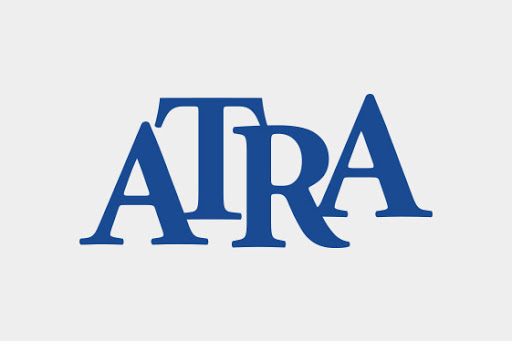‘Highly Unusual’ Rehearing of Louisiana Case Raises Judicial Independence Concerns
Louisiana Supreme Court Waffles Under Political Pressure, ATRA Brief Urges Court to Stand Strong

Executive orders may provide relief but likely face future court challenges
Trial lawyers already are filing lawsuits against businesses providing products or services in the wake of the coronavirus pandemic. It will be months, if not years before these lawsuits go to trial, and much will be forgotten in that time.
Governors across the country have issued executive orders offering limited liability protections in an effort to protect certain frontline workers, like those in manufacturing and health care. A new white paper issued by the American Tort Reform Association explains why legislative action is needed to protect critical workers from liability in the long run.
“Executive orders will likely meet court challenges, as gubernatorial authority to grant liability protection is uncertain,” ATRA President Tiger Joyce said. “Legislation will provide the long term relief necessary and is best equipped to survive potential future judicial challenges.”
Health care workers, hospitals and manufacturers have quickly shifted resources to fight an unknown virus, but will face liability in the future as new information is discovered that simply is not available today.
Congress has provided limited liability protection for volunteer health care workers through the CARES Act, for manufacturers of N-95 masks through the Families First Coronavirus Response Act, and for some health care workers through the PREP Act.
“While we applaud Congress for the actions they have taken and hope to see additional steps, much of the responsibility to protect these frontline workers will fall on state legislatures” Joyce said.
While further action from Congress on liability issues is uncertain, state legislatures can pursue solutions to protect today’s front line workers from tomorrow’s liability. ATRA’s white paper outlines policy prescriptions to address COVID-19 liability, including legislation:
“Months and even years will pass before cases are tried, at which time information and clarity will be available that we simply do not have at this time,” Joyce said. “The urgency and necessity we face today will be forgotten. I urge state legislatures to seek legislative solutions to support health care providers, businesses, and their employees who are responding to the pandemic now.”
The full white paper, “Responding to the Coming Lawsuit Surge: Policy Prescriptions for Addressing COVID-19 Tort Litigation,” may be viewed online at ATRA.org.
Louisiana Supreme Court Waffles Under Political Pressure, ATRA Brief Urges Court to Stand Strong
Left unchecked, these jurisdictions will continue dragging down economic growth and undermining justice through rampant lawsuit abuse.
Claimants Given Opportunity to Vote on Plan; Judge to Reconsider Scientific Validity of Plaintiffs’ Experts
Legitimate consumer protection demands sound science and impartial analysis — not distorted data designed to manufacture lawsuits.
Law Firms Spent $168M+ on 2.2M Ads in Georgia
ATRA’s Latest Studies Reveal Financial Influence and Lack of Transparency in Pennsylvania’s Campaign Finance Systems